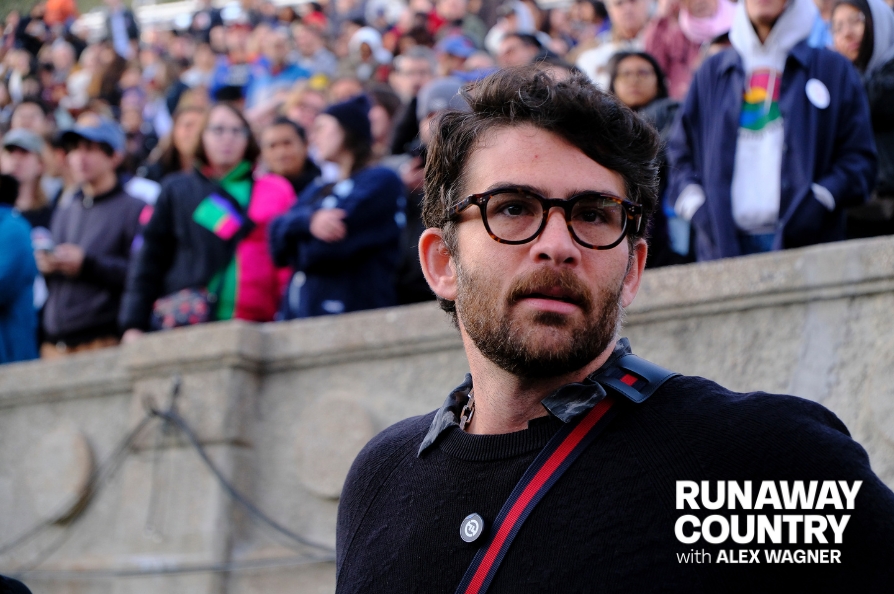
There’s a kinship among staffers who have worked on Capitol Hill and in national politics that transcends party. This isn’t the cynical bipartisanship of the “No Labels” set, which denies the world and dupes its donors and acts upset when anyone notices. And it’s distinct from the conventional wisdom clubbiness of pundits and journalists and politicians. It’s why, despite myself, I like AshLee Strong and Brendan Buck, who work for Paul Ryan. It’s why I believe Ryan’s supporters are sincere when they point to articles like this one, which speak to Ryan’s decency and conservatism and integrity. I try to keep in mind what someone I despise said recently: “Too often, we judge other groups by their worst examples while judging ourselves by our best intentions.”
I also believe Paul Ryan is a fraud. He was a fraud when he claimed this most recent round of tax cuts would pay for themselves. He was a fraud long before Trump upended our politics, when the math of every budget and proposal he delivered didn’t add up. He was a fraud when he campaigned against deficits amid national crisis only to forget his concerns when the party of the president changed. His great skill has never been policy but rather understanding how the game is played. And he really is good at that.
What I assumed was that Paul Ryan had internalized, consciously or not, a mostly unspoken axiom of conservative politics: given the bias in the media, given the inherent challenge of taking away a government benefit once bestowed, given the lack of imagination and common sense of the cosmopolitan elite, achieving limited government requires hand waving and misdirection. That’s how an admirer can tell us Ryan “believes that the truth matters” even though Ryan is a prolific liar.
But all of this was the substance of the disagreement over Paul Ryan’s politics before the worst person in American public life became the most powerful person in the world. We can debate whether Ryan is a Wonk or a Fraud and we can debate whether or not he is serious or an imitation of serious. I would love for that argument to drive our politics, because I liked our odds, and while it was a tired debate, it still ran like a debate—it squealed and groaned and threw off sparks but the machine could whir and the gears would turn.
Anyway, there ought to be a word for when someone you don’t trust, someone you view as a fraud, still manages to break your heart. Because I believed that Paul Ryan’s deceit was limited and ideological—I believed that he was the decent person his admirers claimed. That he was blinkered by his worldview, that he was another victim of Upton Sinclair, that he was wrong and dangerous and unexamined in the way a lot of ambitious politicians are, that he was an opponent who loved this country even though he would do great damage to it. It’s why, when I wrote in 2015 about the dreaded possibility of Trump winning, I imagined people like Paul Ryan actually showing integrity and courage. I couldn’t foresee that he’d hold his tongue, make a joke of ignoring the president, look past abuses and corruption and indignity after indignity just to pass a corporate tax cut. That he’d side with a hack undermining the rule of law. That he’d say in an interview that he’s “very happy,” because Trump—a bumbling and embarrassing racist who sows division and viciousness every single day— “is giving us the kind of leadership we need to get this country back on the right track.”
As much as I am a partisan, I thought better of Paul Ryan. I was naïve about just how far the Republican party had fallen. I expected more. I was foolish enough to expect patriotism. Yes, Ryan’s supporters and staffers will say he was in a tough spot, that the alternative would be worse, that he was balancing competing interests, that he’d face a revolt in his caucus, that he did his best. His best was not good enough. His personal decency was worthless to us. Paul Ryan’s legacy is debt and chaos. He let his country down. Good riddance.

